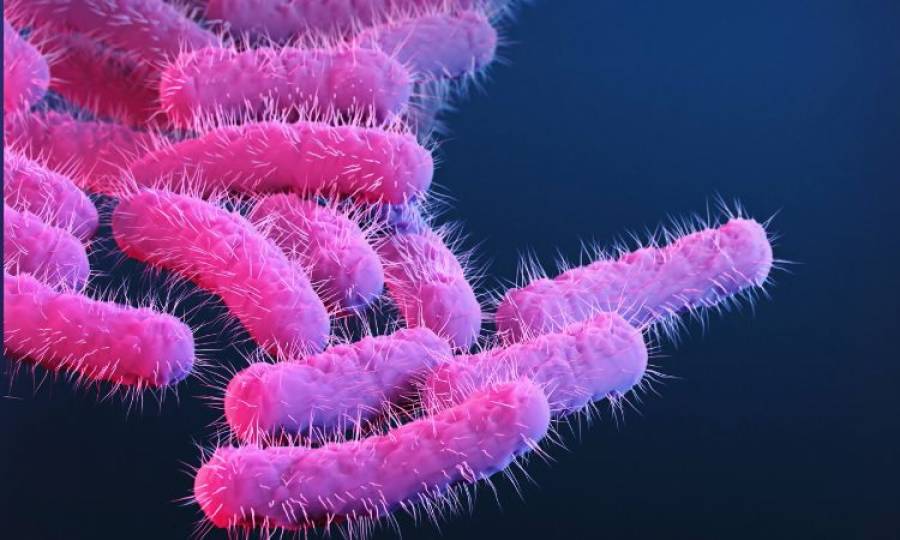First molecular genotyping of Naegleria fowleri at ICCBS done

KARACHI: Jamil-ur-Rehman Center for Genome Research, University of Karachi (UoK), in conjunction with the Department of Biochemistry, UoK, has performed genotyping of the brain-eating amoeba Naegleria fowleri for the first time in Pakistan.
The researchers have also isolated and identified Naegleria fowleri, which causes a brain illness that is always deadly.
Dr Muhammad Aurongzeb, a researcher at the Jamil-ur-Rehman Center for Genome Research, and Dr Yasmeen Rashid, an ICCBS alumna and assistant professor in the Department of Biochemistry, isolated and characterized Naegleria fowleri.
Cerebrospinal fluid (CSF) and tap water samples were collected from a 28-year-old patient suspected of having PAM (Primary Amoebic Meningoencephalitis).
Prof. Dr M. Iqbal Choudhary, Director of the International Center for Chemical and Biological Sciences (ICCBS) at the University of Karachi and COMSTECH Coordinator General, announced this on Monday while speaking with a group of international researchers at the international centre.
Professor Choudhary stated, "Naegleria fowleri is a thermotolerant, free-living amoeba found in warm fresh water and soil.
It can withstand temperatures up to 44 degrees Celsius and is known to be sensitive to the water's regular chlorine and salt levels."
He explained that it causes primary amoebic meningoencephalitis, adding that PAM has a 98 per cent fatality rate.
He added that Pakistan was the second most afflicted country, with the majority of PAM cases reported in Karachi, adding that the city has a dry environment with long, hot summers.
Observing a surge in PAM cases, he hypothesized that the city's regional climate and inadequate water delivery system might be the primary causes.
The type-2 genotype of N. fowleri has been detected for the first time in Pakistan by this research group, which was published in IJPA in 2022, he added.
Forty samples of tap water from 18 different towns in Karachi were collected and examined for the presence of N. fowleri to evaluate the N. fowleri surveillance in the tap water from various districts of Karachi.
He stated, "Notably, 71.79 per cent of local water supplies contain no or low amounts of chlorine." In addition, he said that just 28.21% of water supply lines have chlorine residues, fewer than the WHO recommended.
Manora, North Karachi, New Karachi, Gulshan-e-Hadid, Malir, Quaidabad, Korangi, Kemari, Sohrab Goth, Liyari, and Golimar all had positive results for the Naegleria genus out of the total tap water samples. He noted that N. fowleri type 2 was exclusively detected in the Golimar tap water sample.
According to WHO standards, the Karachi Water & Sewerage Board should take preventative steps to reduce PAM throughout Pakistan, particularly in Karachi.
Advertisement
Trending
Popular
Hair loss: Discovery uncovers key stem cells that could reverse ...
-
Broccoli sprout compound may help lower ...
11:31 AM, 25 Feb, 2025 -
Gas Pain vs. Heart Attack: How to tell ...
09:00 PM, 22 Feb, 2025 -
Coconut oil supplement shows promise ...
08:00 PM, 20 Feb, 2025 -
Normal vitamin B12 levels may still ...
05:00 PM, 19 Feb, 2025



